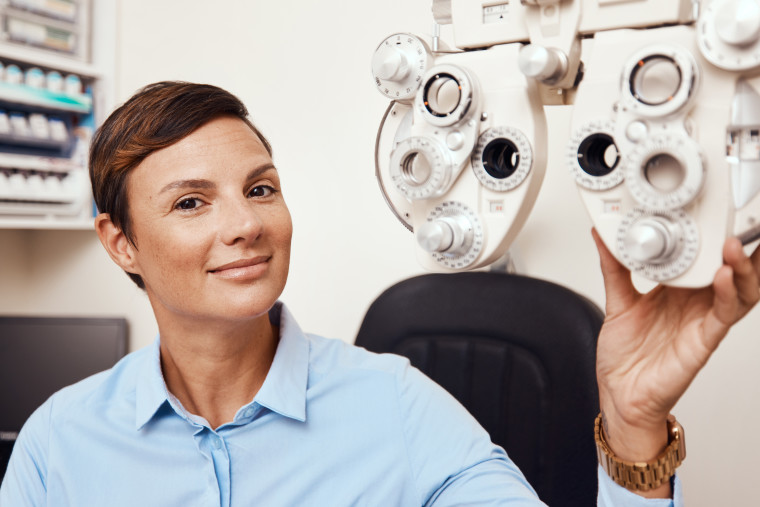All Categories
Featured
Table of Contents

Regular eye examinations are crucial for keeping good vision and detecting possible eye wellness concerns early. The regularity of these exams can vary significantly based on an individual's age, way of living, and overall health and wellness. Comprehending the recommended timetable for eye examinations can help make sure that individuals of all ages receive proper treatment and monitoring for their eye health.
Infants and Toddlers (0-2 Years)
For young children and infants, eye exams are essential for finding any kind of potential vision problems beforehand. The American Academy of Ophthalmology advises that a child's initial eye examination should happen at around six months old. During this preliminary visit, the eye treatment specialist will certainly assess the youngster's visual advancement and look for any type of apparent eye issues.Following this first examination, it is recommended that youngsters have another eye examination at age three. This see will focus on evaluating the kid's total visual feature, including eye positioning and the ability to track things. If no issues are discovered, the following examination ought to be arranged before the kid starts school, generally around age five or 6.
School-Aged Youngsters (6-18 Years)
As soon as children get to school age, regular eye exams ought to be set up each to two years. Vision is essential for learning and growth, and numerous institutions conduct vision testings. Nonetheless, these testings do not replace an extensive eye examination by an eye treatment expert.For kids associated with sporting activities or tasks calling for significant aesthetic emphasis, annual eye exams may be a good idea. Additionally, if a youngster exhibits indications of vision problems-- such as trouble reviewing, scrunching up your eyes, or regular migraines-- a see to the eye physician ought to be scheduled immediately.
Young Person (19-39 Years)
Youthful adults normally have less vision changes than older age, however regular eye tests remain crucial. The basic suggestion is to arrange an eye examination every 2 years during this duration. Nonetheless, individuals with certain danger elements-- such as a family members background of eye illness, diabetic issues, or those that use get in touch with lenses-- must take into consideration yearly eye tests.Furthermore, those that spend considerable time on digital devices might experience electronic eye strain. If symptoms such as dryness, exhaustion, or obscured vision happen, it might be wise to see an eye care professional quicker.
Adults (40-64 Years)
Adults aged 40 to 64 need to arrange eye tests every one to 2 years. Eye exams can additionally aid spot various other typical age-related problems such as glaucoma, cataracts, and macular deterioration.If people in this age group have risk variables such as hypertension or diabetic issues, they might call for more frequent exams to monitor their eye wellness closely.
Seniors (65 Years and Older)
For seniors, routine eye tests come to be even a lot more crucial. The American Optometric Organization advises that individuals aged 65 and older have an eye test a minimum of yearly. Older adults are at a higher risk for various eye conditions, consisting of cataracts, glaucoma, and age-related macular degeneration. Early detection and therapy of these conditions can stop vision loss and boost the lifestyle.Conclusion.
Recognizing the suitable schedule for eye examinations based on age is crucial for preserving optimal eye wellness throughout life. By sticking to these guidelines and consulting with an eye treatment specialist, people can take aggressive steps toward maintaining their vision and overall health.Table of Contents
Latest Posts
Throw Elegant Affairs at Deauville Inn: Experience 6 Gorgeous Sites
Published en
2 min read
Discover Year-Round Charm at Deauville Inn: From Beachside Bashes to Cozy Coastal Meals
Published en
2 min read
Relax with Award-Winning Sunsets at Deauville Inn: Your Jersey Shore Getaway
Published en
2 min read
More
Latest Posts
Throw Elegant Affairs at Deauville Inn: Experience 6 Gorgeous Sites
Published May 18, 25
2 min read
Discover Year-Round Charm at Deauville Inn: From Beachside Bashes to Cozy Coastal Meals
Published May 17, 25
2 min read
Relax with Award-Winning Sunsets at Deauville Inn: Your Jersey Shore Getaway
Published May 17, 25
2 min read